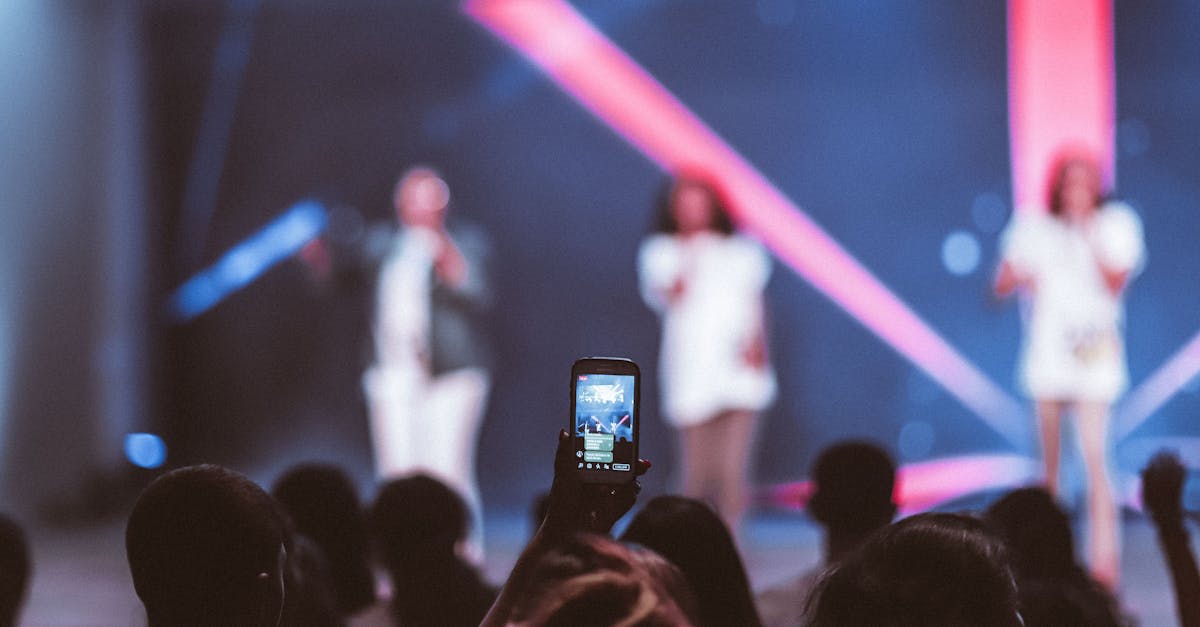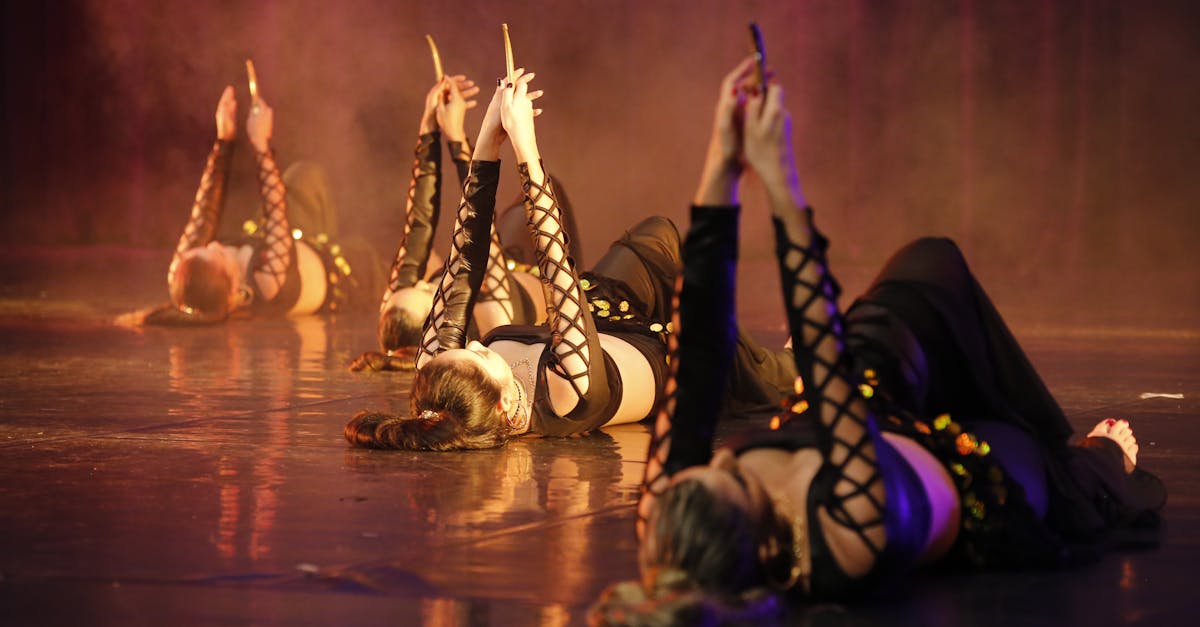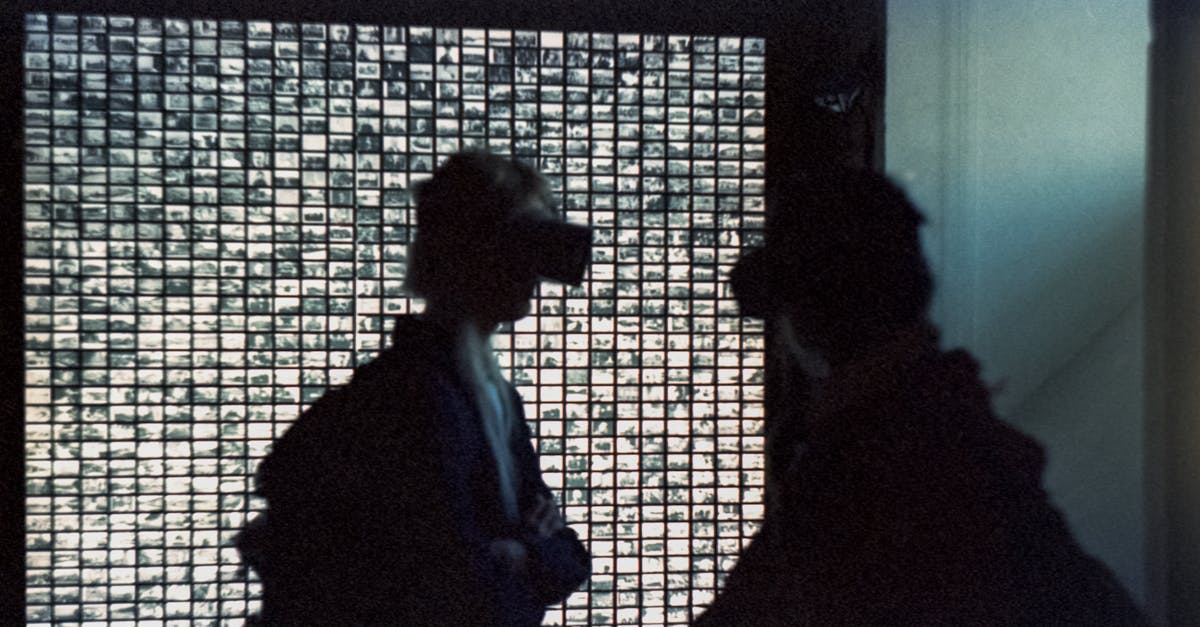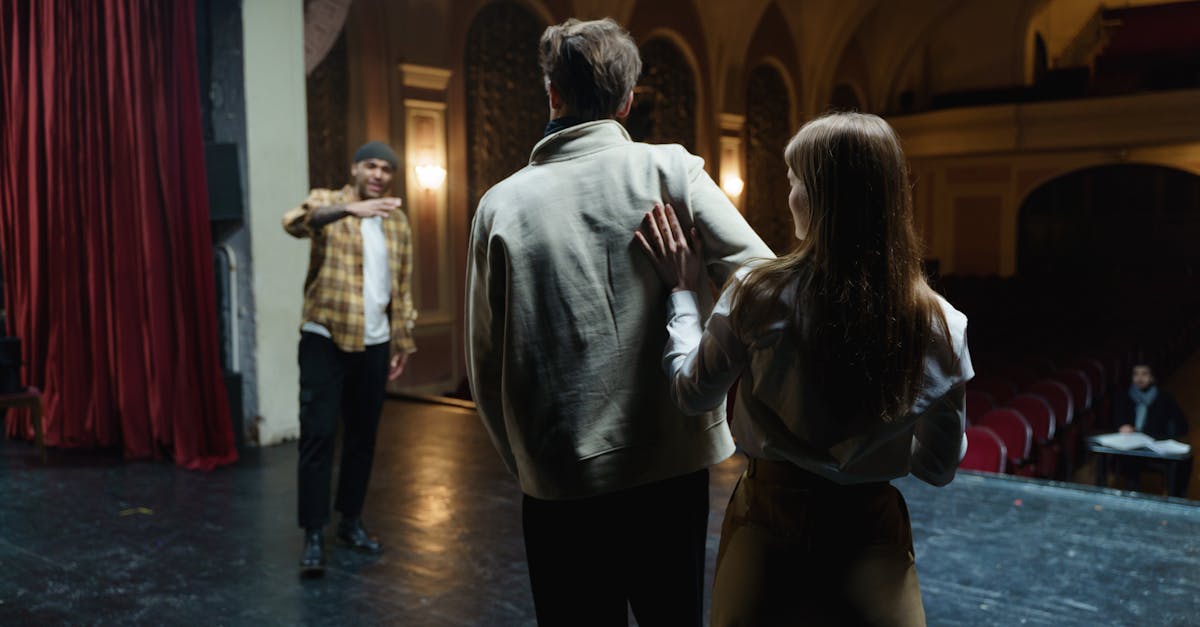Future Focused Insights on Arts Entertainment
Introduction
The world of arts and entertainment is rapidly evolving, adapting to technological advancements and audience preferences in 2024. This sector continuously expands, offering innovative and immersive experiences that captivate modern audiences. However, the challenge lies in balancing tradition with innovative shifts driven by digital technologies. As we forge ahead, understanding future trends becomes crucial for artists, producers, and audiences alike. From digital concerts to interactive theater, the landscape of arts is changing dramatically. In this article, we delve into nine different aspects offering insights and expert opinions on what the future holds.
Advertisement
Rise of Digital Concerts and Performances
Digital concerts and performances are reshaping how we consume music and arts. The global pandemic accelerated this trend, leading to a surge in online streaming of live events. This evolution allows artists to reach global audiences without the constraints of physical venues. Enhanced by virtual reality (VR) and augmented reality (AR), virtual concerts are providing audiences with immersive experiences akin to live shows. This shift not only broadens accessibility for fans but also offers artists unprecedented creative avenues. However, it presents challenges, such as monetization and authenticity in digital interactions.
Advertisement
Visual Arts: A Virtual Playground
The visual arts face transformation through digital evolution and technological innovations. Virtual galleries and exhibitions provide artists an avenue to showcase their work globally without traditional logistic constraints. With tools like 3D modeling and digital art platforms, artists immerse viewers into dynamic worlds through interactive experiences. Additionally, NFTs (Non-Fungible Tokens) have emerged as a game-changer, offering artists new methods to monetize digital artworks. The challenge now is ensuring these new platforms respect artistic integrity while maintaining open accessibility for audiences worldwide.
Advertisement
Theatre Embracing Technology
Theatre traditionally thrives on live performances, making digital adaptation a unique challenge. However, technology is paving the way for new storytelling methods within this art form. Digital set designs and projection mapping are providing dynamic atmospheres that would have been impossible on standard stages. Furthermore, interactive performances allow audiences to become part of the narrative, enriching the experience. This technological shift also encourages diverse collaborations across multiple disciplines in media and technology. Navigating authenticity and investment worthiness remains challenging as theaters balance in-person experiences with digital integration.
Advertisement
Influence of Artificial Intelligence on Creativity
Artificial intelligence (AI) is revolutionizing artistic creation, providing tools that magnify human creativity. AI algorithms assist artists in creating music, visual art, and even literature with innovative approaches. The fusion of AI with creative processes challenges the boundaries between human and machine-made art. Some worry about the potential loss of authenticity, but others see it as a collaborative tool enhancing artistic depth. Using AI ethically and transparently is pivotal for ensuring it supplements creativity instead of replacing it.
Advertisement
Streaming Platforms and Their Impact
With a rise in online platforms, streaming services play a pivotal role in cultural consumption. Platforms distribute diverse global content, granting audiences unique and varied entertainment choices. This democratization of the arts enables budding artists to present their work to extensive audiences. However, this also comes with significant content oversaturation and creator compensation issues, posing challenges for artists to stand out. Moving forward, streaming services must adapt business models that prioritize creator benefits while enhancing consumer value.
Advertisement
Cultural Diversity and Representation
Cultural diversity and equal representation in arts are gaining heightened attention, shaping future entertainment landscapes. Content addressing underrepresented communities and offering authentic stories is thriving. Audiences now demand inclusive representation that reflects the diverse societies in which we live. Institutions and producers find themselves responsible for fostering and curating diverse narratives and talent. The path forward requires ensuring these stories are not only told but celebrated, fostering shared learning and empathy through art.
Advertisement
The Role of Education and Innovative Learning
Education systems are playing a critical role in promoting future-focused arts. Digital tools and platforms enrich traditional classrooms, allowing a deeper connection with arts education. Emerging online curriculums utilize VR and interactive technologies to teach art history or create virtual music labs. Moreover, interdisciplinary collaborations offer students broader, more impactful educational experiences. Balancing digital initiatives with traditional learning methods ensures students grow into imaginative problem solvers ready for future challenges within the arts sphere.
Advertisement
Challenges and Opportunities Ahead
As arts and entertainment industries strive to anticipate evolving audience preferences, they face challenges in technology adoption, monetization, and maintaining artistic integrity. Traditional business models need reevaluation as they adapt to embrace digital consumption and production. Partnerships across sectors open opportunities for the arts to reach broader demographics and sustain economic growth. Embracing culturally competent and ethical practices during these transformations shapes a more equitable future for all involved. Staying proactive and adaptable is key to navigating these confluences successfully.
Advertisement
Conclusion
The arts and entertainment industries transform daily, influenced by technology and society's evolving needs. Digital innovation creates new opportunities for engagement and creativity while reshaping traditional formats. The future promises an exciting blend of experiences—digital, in-person, interactive, and beyond. Real challenges around ethics, representation, and accessibility remain critical. However, collaboration, education, and adaptability ensure these challenges are addressed, setting a foundation for a rich and diverse cultural landscape. Moving forward, mindful innovation will remain a cornerstone for a promising future in the arts.
Advertisement








